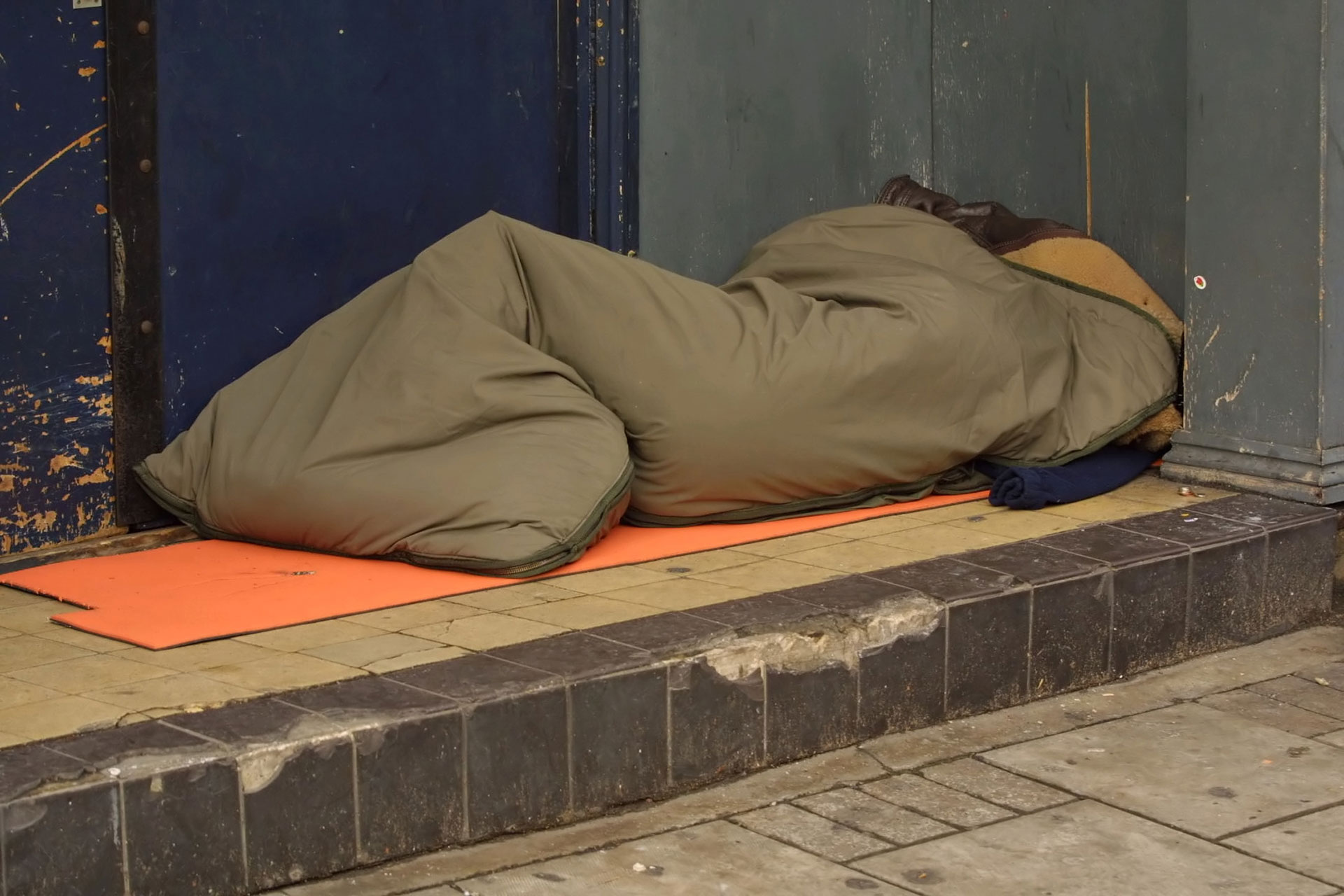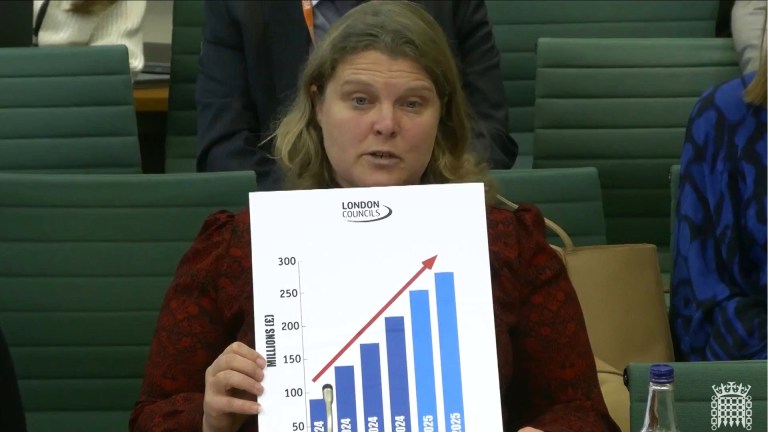Rough sleeping in the UK has risen by 134 per cent since 2010, while homelessness charity Crisis estimated that the core homeless population reached 236,000 in 2016. Since then, there’s been no shortage of ideas on how to bring those numbers down.
But the arrival of the Homelessness Reduction Act 2017, which comes into force in England and Wales on April 3, brings an actual legal framework to a plan that The Big Issue has been behind since our first issue way back in 1991 – prevention.
Prevention, prevention, prevention – how can we weave into every policy? https://t.co/6l3LHiSjpY
— John Bird (@johnbirdswords) February 21, 2018
By intervening before people face the realities of living on the streets, we’re hoping that the tide of homeless households heading into temporary accommodation – which rose by four per cent year-on-year to 78,930 households between October and December 2017, is stemmed.
To do this, the Homelessness Reduction Act will ensure that local authorities must take “all reasonable steps” to prevent homelessness on the proviso that applicants who are either homeless or threatened with the loss of their homes “co-operate” with councils.
Local authorities will have a legal duty to provide meaningful support under the Homelessness Reduction Act. This means that the onus will be on them to provide expert advice and information on how to prevent homelessness to meet the needs of groups most at risk, such as ex-prisoners, care leavers, armed forces veterans, domestic abuse survivors and people living with ill mental health.










